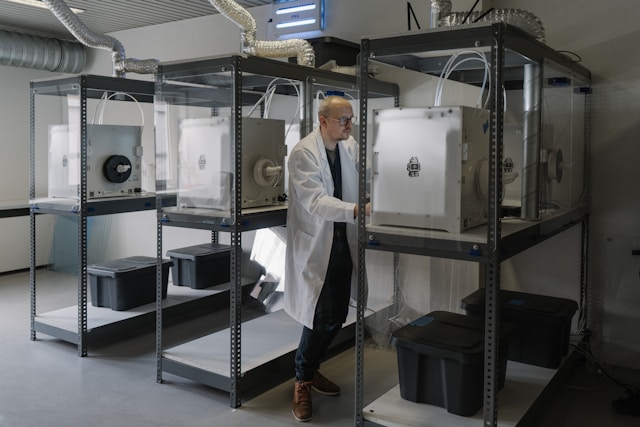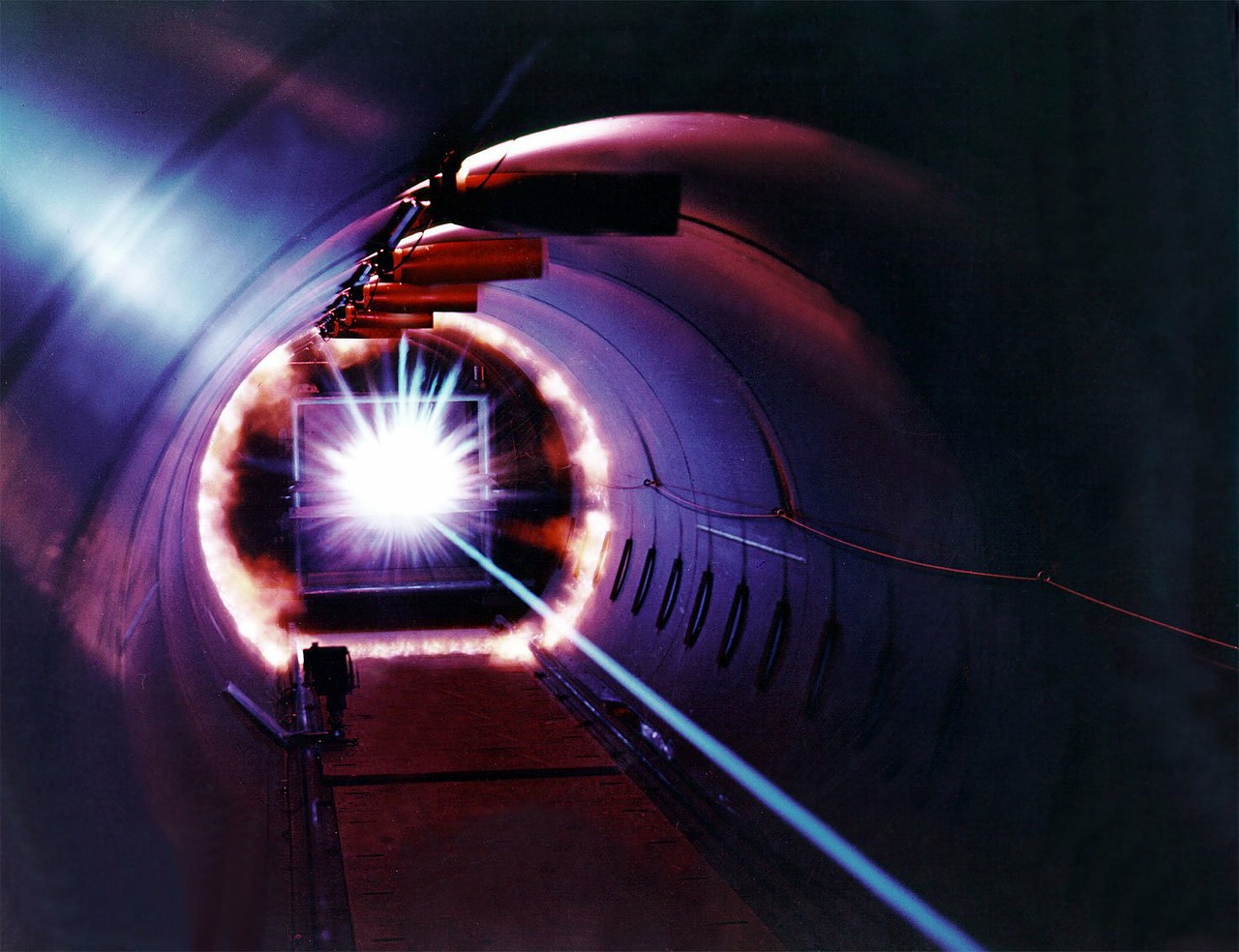When someone dies, the liver, kidneys, heart, or other vital organs grinds to a halt. The brain shuts down, and the body starts to self-decompose through a process called autolysis, or self-digestion.
In a stunning experiment, researchers at Yale University School of Medicine were able to restore blood circulation and other vital cellular activity in the vital organs of deceased pigs, even hours after their deaths.
The research challenges the idea that cardiac death is irreversible
The researchers restored blood circulation and other cellular functions by pumping a cell-protective fluid to organs and tissues through the pigs’ entire bodies one hour after they died.
Once the heart stops beating, a lack of blood flow, oxygen, and nutrients destroy the body’s cells and organs. But the researchers set out to intervene and see how long they might be able to stall that decay in pigs.
In the future, this research could pave the way to making human organs more viable for transplantation by making them last longer, post-removal.
However, the researchers emphasized that the technology is still in an experimental phase, far away from use in humans. A great deal of experimentation is required before we could even think about applying this approach to humans.







